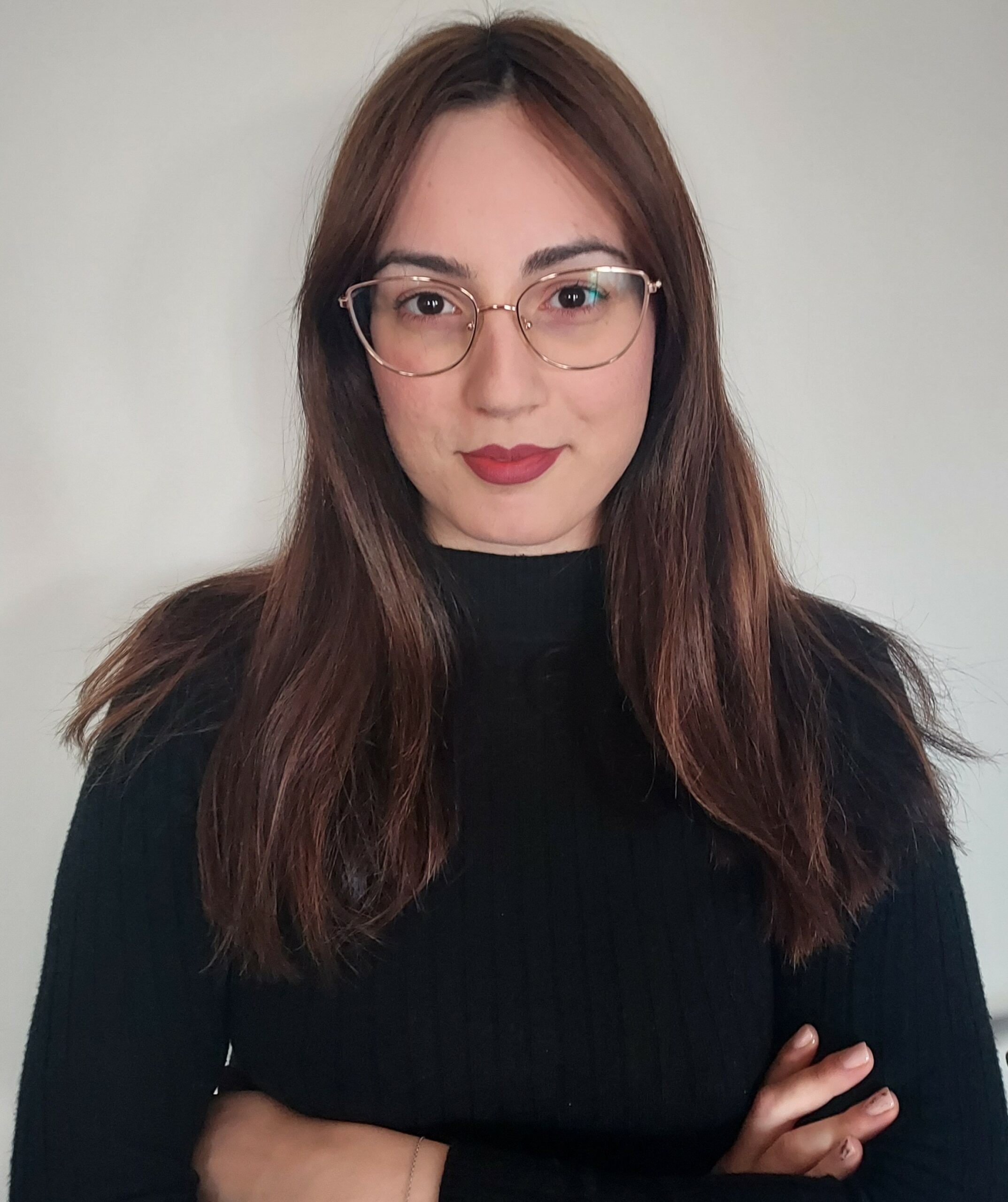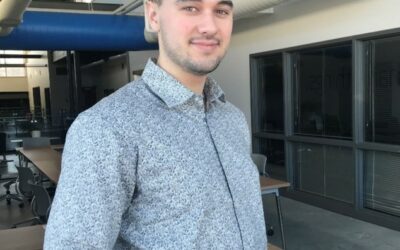Research Group: Human-Computer Systems
Affiliation: The University of Manchester, UK
Linkedin: https://www.linkedin.com/in/rigina-skeva-62a852129
Where is your research institution/lab located?
I am currently a lecturer at the University of Manchester, UK, as part of the Human-Computer Systems research group in the Department of Computer Science. Our clinical VR research takes place both in our in-home VR lab and in the VR lab located in the Division of Psychology and Mental Health.
How did it start, how long has it been around and what research interests does your lab have?
Our in-home VR lab was established in the late 90’s, focusing mainly on physical rehabilitation using immersive VR systems. A great body of research involved, and continues to involve, the treatment of phantom limb pain via VR. Since 2018, we expanded our research efforts into the treatment of psychological disorders, with a great focus on the treatment of alcohol misuse via clinical VR applications.
What patient populations do you serve?
During my PhD study and, now, as a lecturer of the University, my research revolves around the clinical use of VR for aiding the recovery of patients with alcohol misuse (with or without comorbid mental health disorders).
What makes your clinical VR application unique?
Our clinical VR application (“A-PLAN”) aims to act as an assessment and training tool for patients with alcohol misuse issues and is proposed within a clinically assessed treatment protocol. Thus, “A-PLAN” has been carefully designed to include all these elements that could help practitioners in daily clinical practice better deliver alcohol treatments, based on current treatment protocols. “A-PLAN” could be easily integrated and adjusted to serve the treatment needs of each individual, which has not been explored before, yet further clinical trials are needed and planned to validate its treatment effectiveness and transform it, hopefully, into an official recovery tool for the National Healthcare System.

What do you see as the most important challenge for VR rehab research and development?
If I had to pick one of the most important ones, I would say to determine the level of personalisation required to make VR systems immersive, effective and relevant at the same time. This is a great challenge, especially for treating psychological conditions, as personalising a system in a certain way may work for one and not for another, but if it too general it may not be relevant and, in turn, not effective. Thus, clinical assessments should focus on finding out a “sweet” balance for the VR system amongst these three instances: immersiveness, effectiveness and relevance.



